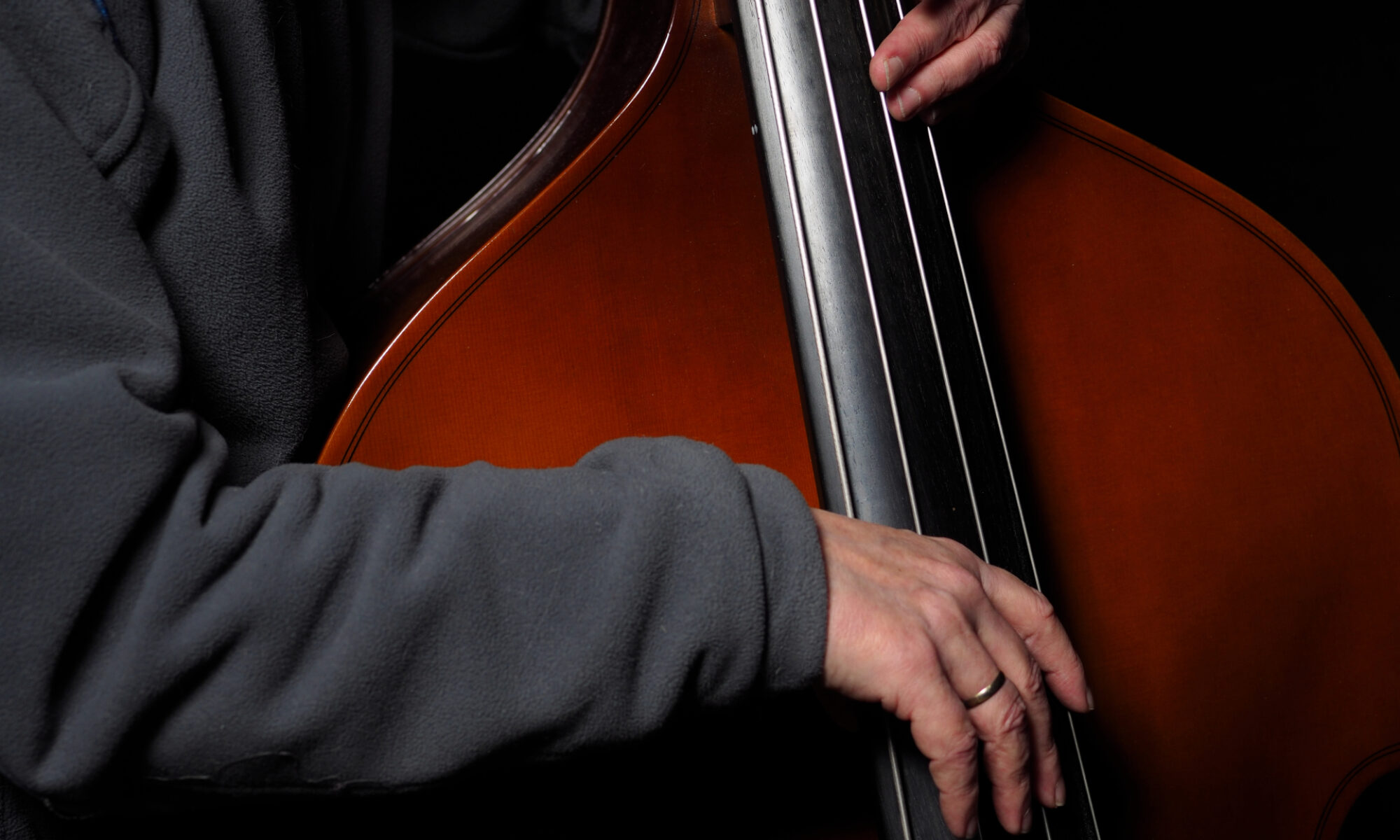Recently a friend an I were talking about Haruki Murakami‘s books, and when we asked each other’s favourites, my friend’s answer was “Killing Commendatore”, while my first reaction and answer to this was “1Q84”.
And while both are brilliant, by re-reading first “Kafka On The Shore”, and after that, “The Wind-Up Bird Chronicle”, my mind has changed (at least for now; I began re-reading “Killing Commendatore” but after a few pages interrupted that to read the ones mentioned above first).
Like probably every author, Murakami has recurring themes, topics, and sometimes even characters – the “hollow man” being a figure in “The Wind-Up Bird Chronicle”, and “hollow men” being a concept in “Kafka On the Shore”, or Ushikawa being both present in “The Wind-Up Bird Chronicle”, but having a much more prominent role in the third book of “1Q84”.
I think now that “The Wind-Up Bird Chronicle” was probably the best I’ve read so far of Murakami’s, it’s also a very sad one at times, and the described cruelty (and the nonsense of war) is frightening. The most frightening figure of all is “Boris the manskinner”, a Russian who was elsewhere compared to Vladimir Putin, and let me cite from the English translation why I had the same thoughts:
“My own country is hopeless. It was almost better under the czars. At least the czar didn’t have to strain his empty head over a lot of theory. Lenin took whatever he could understand of Marx’s theory and used it to his own advantage, and Stalin took whatever he could understand of Lenin’s theory (which wasn’t much) and used it to his own advantage. The narrower a man’s intellectual grasp, the more power he is able to grab in this country.“
Brilliant, isn’t it? And to have “Boris the manskinner” aka Vlad being the ones who took whatever they could understand of Stalin (less than Lenin, much less than Marx), but both equally brutal, yes that seemed to fit. If you can stand it, read it.
More about Haruki Murakami here. And as always, thanks for reading.
